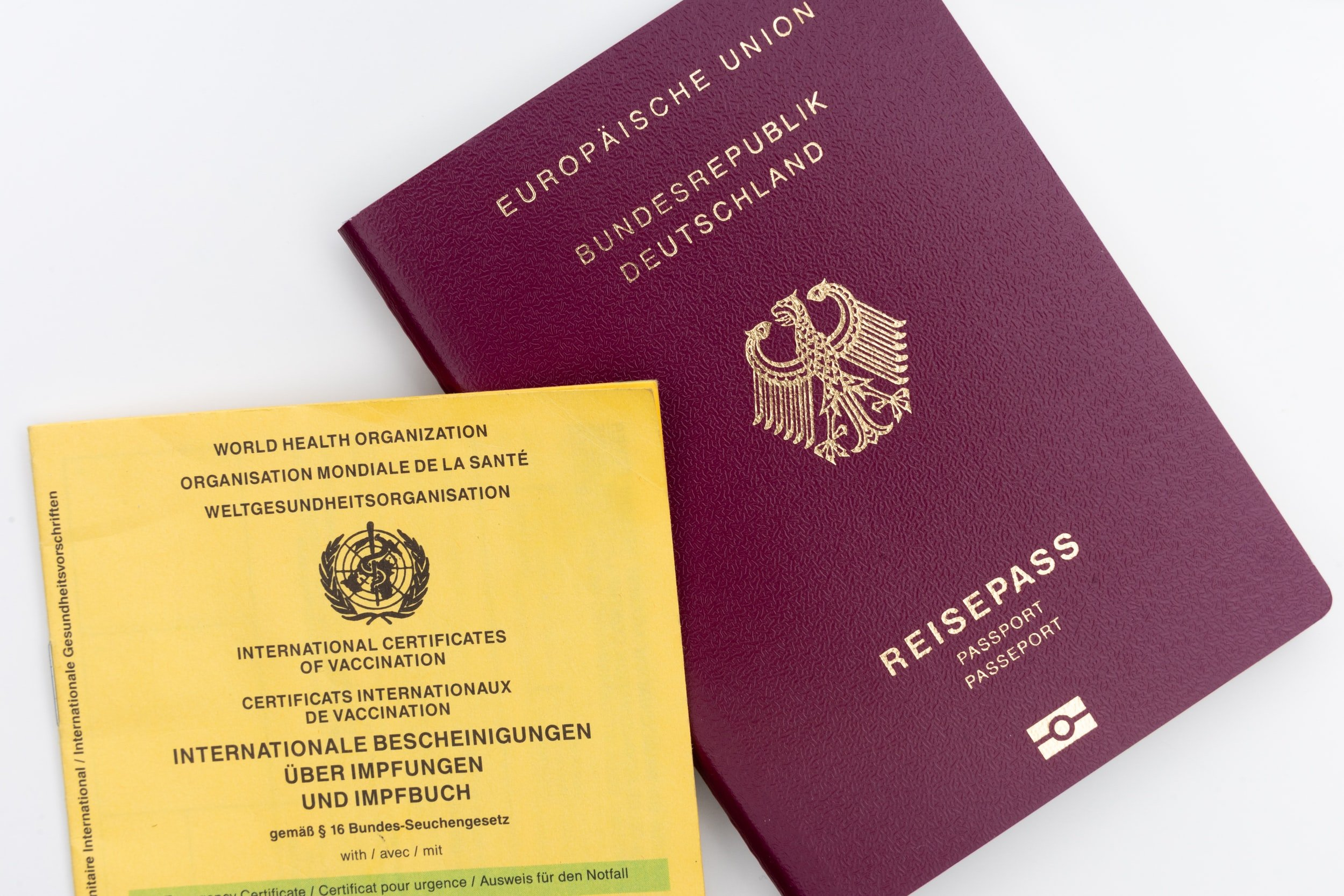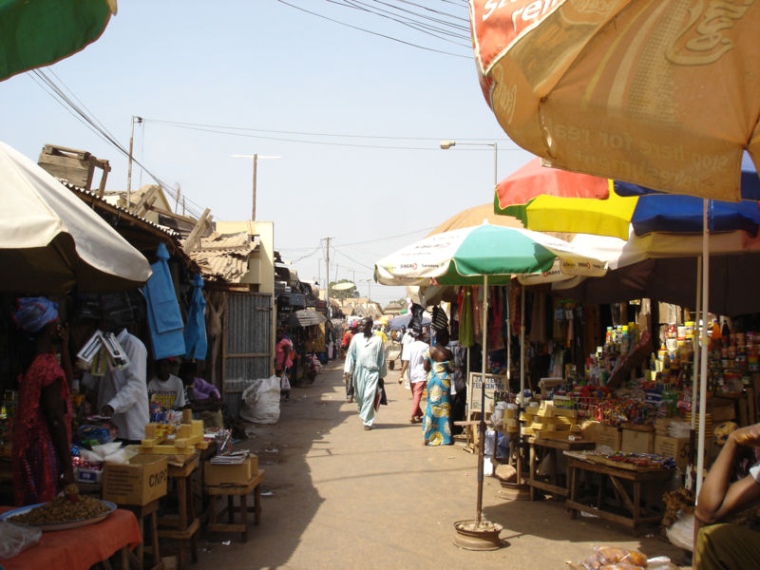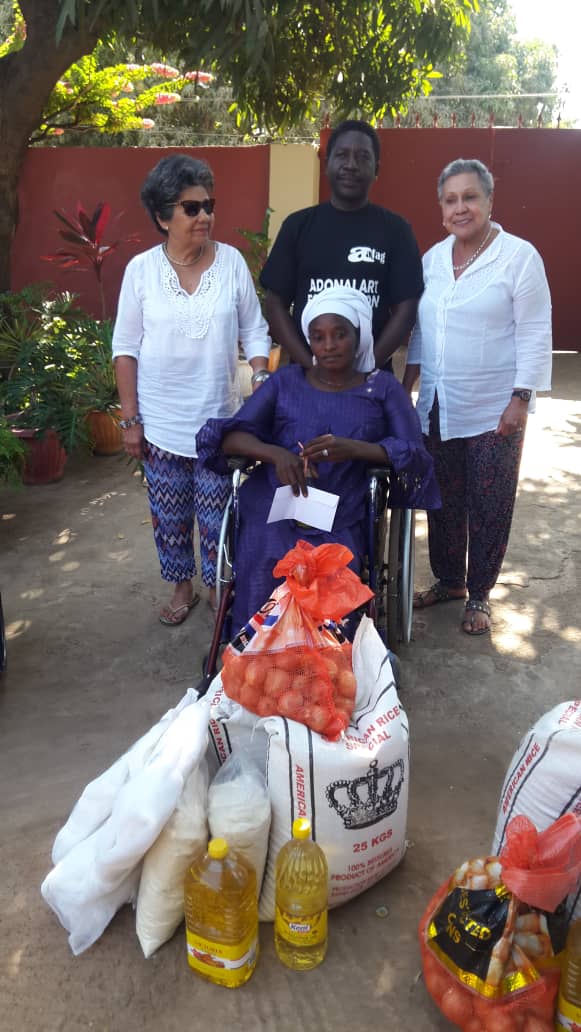Bangladeshi and Gambian Migrants
The migration of Bangladeshis to Germany is part of a broader trend of people seeking new opportunities in European countries.
While the reasons for migration are diverse, they often revolve around economic prospects, political stability, and protection from persecution. In recent years, Germany has become a prime destination for many migrants due to its historical significance, thriving economy, and cultural diversity.
Bangladeshi migrants often find job opportunities in various sectors, including agriculture, construction, manufacturing, and the service industry. The demand for labor in these sectors, especially in a robust economy like Germany, has been a significant pull factor for Bangladeshi workers.
Additionally, a significant number of Bangladeshis have sought asylum in Germany due to political persecution, religious discrimination, and human rights abuses in their home country. This underscores the importance of humanitarian reasons for migration to Germany.
Irregular or undocumented migration is another aspect of this phenomenon. Some individuals may enter EU countries, including Germany, without proper documentation or overstay their visas. Such situations can lead to legal challenges and difficulties in accessing essential services.
It’s not only about migrating to Germany but also about aspiring to make it one’s permanent home. Many Bangladeshis have shown increasing interest in obtaining German citizenship, which comes with a range of benefits, including free movement within the European Union, social support, and political participation.
Based on the information provided by Germany-Visa.org, when you live in Germany as a permanent resident, you do not qualify as a citizen of Germany, you still have to apply for naturalization.
Now, let’s also consider the situation for people from Gambia. While the migration patterns from Gambia to Germany might have some similarities, there are also differences to be aware of. People from Gambia, like other migrants, may seek opportunities for better economic prospects and protection from political instability or persecution. They might also face challenges related to irregular migration and asylum-seeking.
Also, Bangladeshis might have a stronger foundation in the English language, which can make it easier for them to learn German as English is often taught in Bangladeshi schools. In contrast, Gambians might face more significant language barriers, as their primary language, in many cases, is not English, which is more prevalent in Germany.
Here are some additional points about Gambians and their difficulties in the German citizenship process:
Language Barrier: Many Gambian migrants may struggle with language proficiency requirements. The need to pass a language test, such as the Goethe-Zertifikat, can be a significant hurdle, especially if they arrived in Germany with limited language skills.
Integration Challenges: The process of integration into German society can be demanding. Gambian migrants must adhere to German laws and actively participate in community life, which can sometimes be complicated due to cultural and social differences.
Financial Stability: Demonstrating financial stability can be a challenge for some Gambian migrants, especially if they are in low-wage jobs or face economic difficulties. Providing evidence of self-sufficiency and the ability to support dependents can be an obstacle.
Clean Criminal Record: Maintaining a clean criminal record in both Germany and any other country where they have lived is crucial. Any prior legal issues can impact the eligibility for German citizenship.
Knowledge of German Society: Passing a citizenship test that assesses knowledge of German society, history, and culture can be especially challenging for those who may have limited exposure to German customs and traditions.
Residency Requirement: While recent changes have reduced the residency requirement to three years, Gambian migrants who have been in Germany for a longer period may still find it challenging to meet the previous eight-year requirement for naturalization.
It’s important to acknowledge that the difficulties faced by Gambian migrants in obtaining German citizenship are often shared by many other nationalities. The process can be demanding, and overcoming these challenges requires dedication and a commitment to integration into German society.
For individuals from Gambia looking to obtain German citizenship, the eligibility criteria and pathways are quite similar to those for Bangladeshis. They can acquire German citizenship through birthright citizenship (if they have a German parent), descent from German ancestors (though this may involve complexities), or naturalization.
The recent changes in Germany’s naturalization law, reducing the residency requirement for citizenship from eight to three years, have made the process more accessible and attractive for migrants from Gambia as well as Bangladesh. This change reflects the evolving immigration policies in Germany reported RMX.news
In conclusion, Germany’s appeal to migrants from countries like Bangladesh and Gambia lies in its strong economy, political stability, high living standards, and the potential for obtaining German citizenship, which opens doors to numerous opportunities within the EU.
These migration patterns and the process of obtaining German citizenship continue to evolve, reflecting the changing dynamics of global migration.
Lana Birley
Freelance writer




